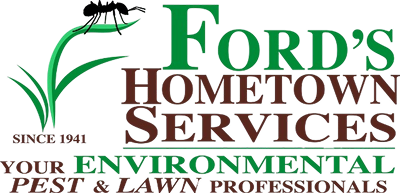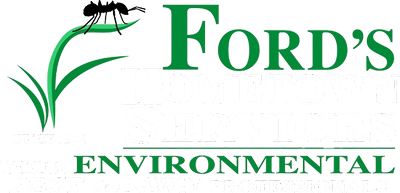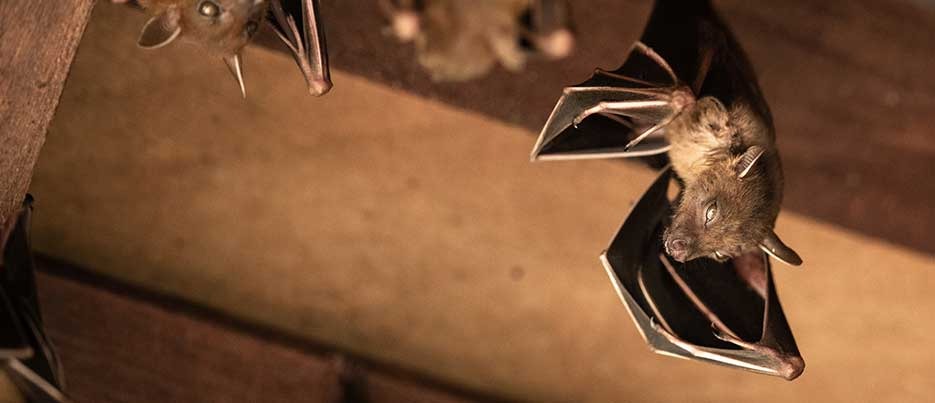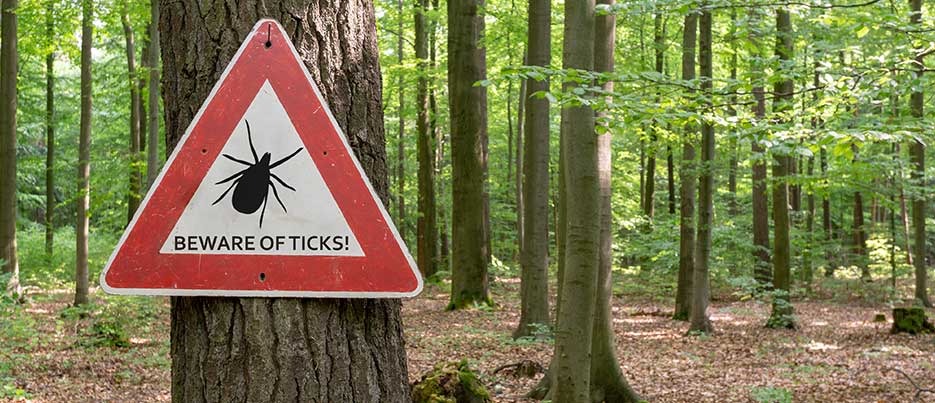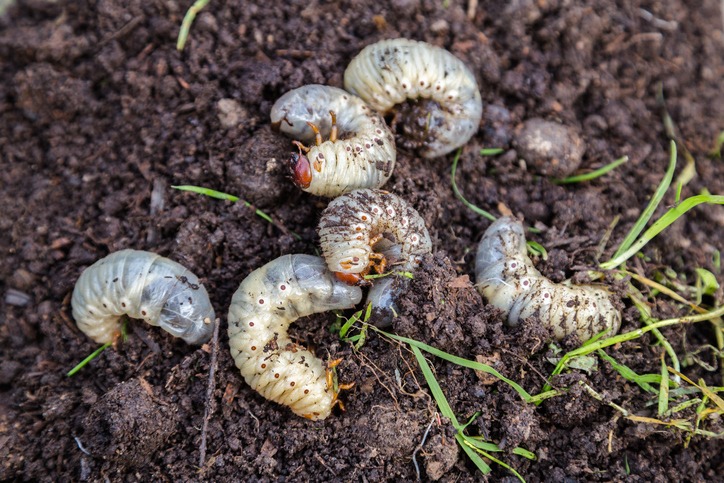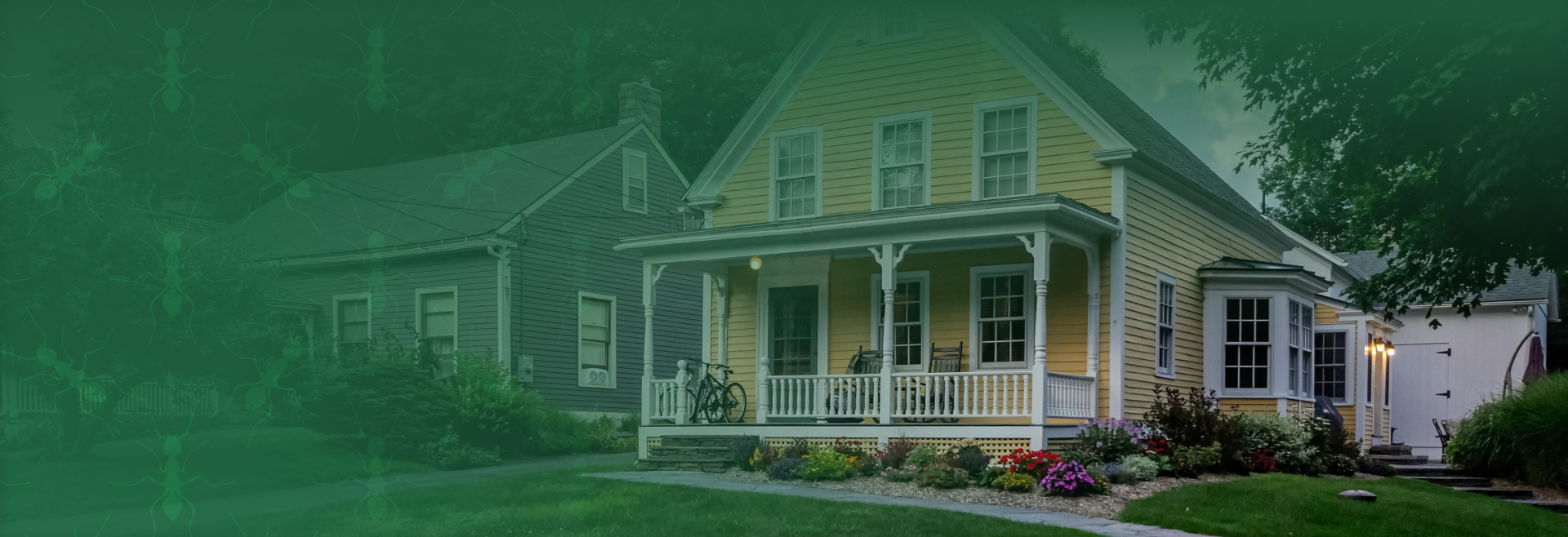

Worcester Pest Identification: Opossums
The opossum, particularly the Virginia opossum, is a successful scavenger known for its adaptability and strong immune system. When threatened, opossums involuntarily “play possum,” mimicking the appearance and smell of a dead or sick animal as a defense mechanism. This response includes drawn-back lips, bared teeth, foaming saliva, and secretion of a foul-smelling fluid from anal glands.
Commonly misunderstood, injured opossums are often mistaken for dead. The best approach when finding an opossum in this state is to leave it in a quiet place with an exit path, allowing it to regain consciousness and leave on its own.
Virginia opossums are found in Central America, the eastern half of the U.S., and parts of the west coast. They prefer deciduous woodlands with water sources but are adaptable to various habitats, including urban areas. Opossums don't build their own dens, instead using structures like hollow logs or man-made spaces.
As opportunistic omnivores, their diet includes carrion, small vertebrates, amphibians, insects, garbage, eggs, persimmons, and fruits. They are nocturnal and less active in winter, living solitary lives except during breeding.
Breeding occurs between January and October, producing up to two litters of 4-8 joeys each. The gestation period is about 13 days, with joey's spending around 50 days in the mother's pouch before moving to her back and becoming independent after about 100 days.
Opossums hiss and show teeth as a primary defense. If this fails, they play dead. They are skilled climbers and swimmers, with opposable rear thumbs and long tails aiding in climbing.
Signs of opossum presence include pilfered trash cans, raided chicken coops, droppings, torn insulation, and distinctive tracks.
Opossums are unlikely to carry rabies due to their low body temperature. They have the most teeth of any North American mammal and are the only marsupials in the U.S. Opossum history dates back to the time of dinosaur extinction. The term “possum” technically refers to Australian marsupials, not the American opossum.
If you think you might have a problem with Opossums, please contact the licensed PAC experts at Ford's Hometown Services who use professional-grade opossum control solutions and traps for opossum removal.
Remember that by law, you cannot trap, remove or relocate a wild animal from your property to another. It requires skilled assistance from license PAC (Problem Animal Control) professionals.
Central Mass Trusts Us. See Why.
-
J"I've used Fords Hometown Services a few times for carpenter Ants and I have always been impressed with the results. They are the Gold standard in pest control!"Josh R.
-
K"Easy to schedule, showed up on time, and provided report immediately. The technician, Bob was knowledgeable and polite. Highly recommend Ford Hometown Services."Kerstin B.
-
S"Was expecting Ben, was sent Dean and was pleasantly surprised because he is a really personable guy and did an excellent job! Very satisfied with the thorough job he did, and his attention to detail. Look forward to having either him or Ben in the future."Stephanie D.
-
D"Ford’s Hometown Services has done an awesome job with my lawn. The team is professional, reliable and the results speak for themselves. My yard had never looked better. Highly recommended!"Denise M.
-
L"Dean was wonderful! He explained everything as we walked around, showed me what he was looking for. Was prompt, thorough and efficient!"Lori A.
-
J"The Ford's Hometown team texted me with their estimated arrival, arrived on time, quickly addressed the areas I requested and very pleasant during whole service time."Janie Q.
-
C"I cannot express my appreciation enough for Jeremy and Zack! I called about a hornet nest in the wall while my husband was in the emergency room for an allergic reaction to a sting he received while trying to deal with the situation. Jeremy gave me the earliest possible appointment two days out with the promise of a call if someone could squeeze us in sooner. Enter Zack. He came 2 1/2 hours later and dealt with the nest, putting us all at ease. Thank you, thank you, thank you! The BEST customer service."Clare
-
M"Zak & Bob Ford did an excellent job with the foundation termite treatment. They performed the work on a timely basis. They were very careful with the landscape around the foundation and all holes that were drilled in the driveway and concrete structures were carefully repaired. They were highly informative and professional, and took the time to answer all my questions. I would highly recommend Fords Hometown Services."Mike M.
-
M"My fall treatment was done yesterday by Justin. He is a young technician with one year of solid experience. We worked together to locate and check all the bait boxes for mice. Afterwards, Justin treated the exterior of the house. It is no surprise that continued treatments has almost eliminate all prior pest problem such as mice and hornets, I am very satisfied with my treatment service. It was a pleasure working with Justin, who is not only capable and knowledgeable but also friendly and willing to learn."M B.
Stay Ahead of Pests
Explore tips, local advice, and real answers from our Worcester team to help you protect your home, family, and property all year long.
